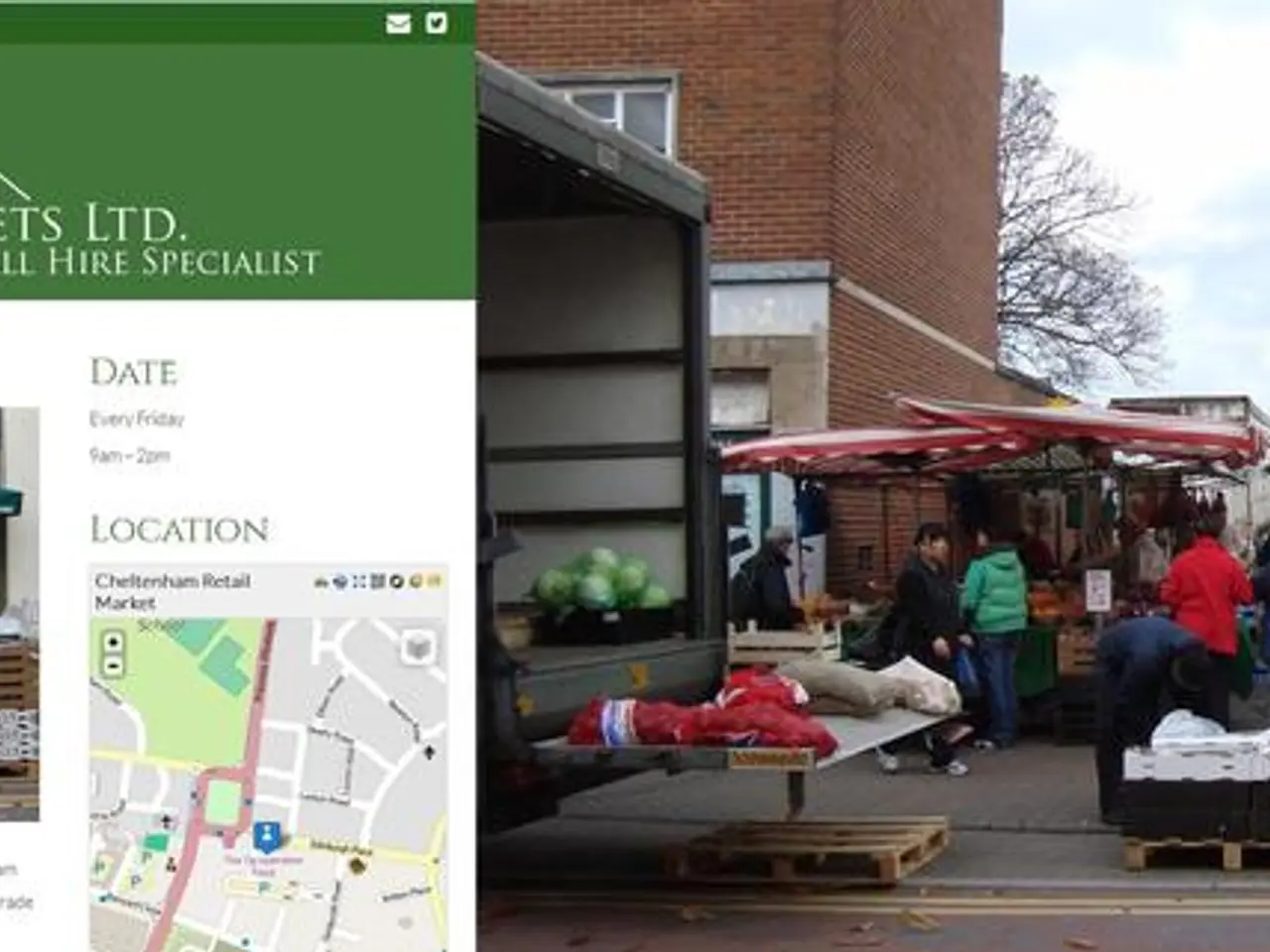Artificial Intelligence Firms Aims to Navigate the Web on Your Behalf: Evaluating Two Options to Determine Efficiency
In the ever-evolving digital landscape, two major tech giants, Google and Microsoft, have recently launched AI-powered search services aimed at revolutionising the way we search for information.
Google's offering, Google AI Mode, integrates the Gemini 2.5 AI model, enabling advanced reasoning, math, coding, and deep research. This new service, available in the United Kingdom, United States, and India, supports file uploads, live video input via Google Lens, and a Canvas for note-taking on desktop. It handles exploratory queries with voice, pictures, and text, and offers real-time interaction during responses, including interruptions. Google AI Mode is designed to help users conduct thorough research, compare products, plan trips, and solve complex questions within Google Search.
On the other hand, Microsoft's Copilot Mode, integrated into Bing as of April 2025, combines conventional search with AI summarization. Copilot AI reads, compiles, and reasons about information available on the web, presenting it in a concise answer card format. The AI service offers a hybrid style of search and AI response, focusing on clear and concise presentation of factual data without generative narratives.
Both AI search services work similarly to conversations with AI chatbots. However, they differ in their approaches. Google AI Mode, with its deep, generative, interactive, and multi-modal research capabilities, is designed to integrate tightly with its Gemini models and added multimedia inputs. In contrast, Microsoft Copilot Mode prioritises structured, succinct answer cards and a hybrid conventional AI search that emphasises clarity and factual presentation for specific query segments.
Both AI services demonstrate the ability to provide summaries on various topics, such as the measles vaccine, acknowledging its effectiveness while also addressing rare side effects. Copilot AI, in particular, highlights potential misinformation by presenting multiple viewpoints on certain topics, such as the effectiveness of measles vaccines.
While both services are tailored to offer personalised recommendations based on the user's preferences, they differ in their approach. Copilot AI can tailor its recommendations based on many assumptions about the user, such as dietary restrictions and cooking experience. Conversely, Google AI Mode does not use "context clues" to change its suggestions.
It's worth noting that both Microsoft and Google have yet to respond to requests for information on how their models determine what is a "high-quality source."
In terms of capabilities, while Copilot AI can suggest jobs based on the open tabs, it does not provide assistance for creating a meal plan, adding groceries to a shopping cart, making a dinner reservation, scheduling a doctor's appointment, or uploading a resume to a job portal. Google AI Mode, however, can compare products, plan a trip, and understand complex how-to questions.
In the future, updates for Copilot AI will allow users to ask the search bar to perform tasks like making dinner reservations. Copilot AI has already demonstrated the ability to recommend a paddle board company and make a reservation for that rental.
As these AI search services continue to evolve, they are set to transform traditional search engines into AI-driven experiences, offering users a more personalised, interactive, and efficient way to find the information they need.
The integration of artificial intelligence (AI) is expanding in the business of finance and technology, with Google and Microsoft launching AI-powered search services to revolutionize financial research and decision-making. Google's Google AI Mode equips users with advanced capabilities for coding, math, and deep research, making it an ideal tool for creating budgets, analyzing financial trends, and evaluating investment opportunities.
Microsoft's Copilot Mode, planned for integration with Bing in April 2025, is designed to provide users with concise and structured answers, helping investors summarize complex financial reports and quiet periods of companies. The future updates for Copilot AI may even allow users to make dinner reservations or schedule doctor's appointments, indicating the potential for AI to simplify everyday financial tasks.




